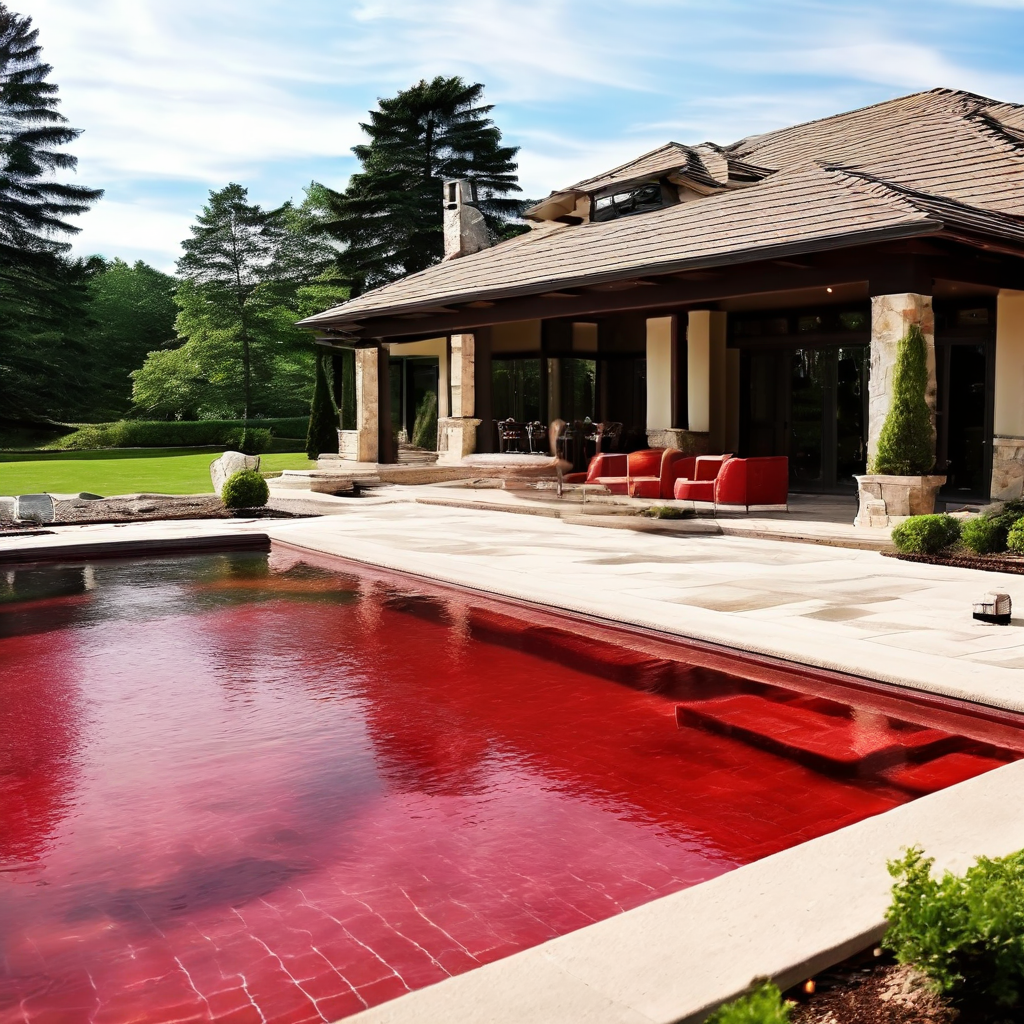Building a swimming pool is an exciting endeavor that can bring years of enjoyment and relaxation. One of the most common questions that arise is, “How much does it cost to build a swimming pool?” The cost of constructing a Concrete swimming pool builder wollongong can vary significantly depending on various factors. In this article, we will explore the different aspects that influence the cost of building a swimming pool and provide you with insights to help you make an informed decision.
Factors Affecting the Cost of Building a Swimming Pool
- Pool Size and Shape: The size and shape of the pool play a significant role in determining the overall cost. Larger pools with intricate shapes typically require more materials and labor, resulting in higher expenses.
- Construction Material: The choice of construction material, such as concrete, fiberglass, or vinyl, affects the cost. Concrete pools are generally more expensive due to their versatility and durability.
- Pool Features and Accessories: Additional features like waterfalls, slides, lighting, heating systems, and automation can add to the overall cost. The more features you incorporate, the higher the price will be.
- Site Preparation and Excavation: The condition of the site and the amount of excavation required impact the cost. Challenging terrains or the need for extensive earthwork can increase the expenses.
- Landscaping and Surrounding Amenities: Landscaping around the pool, installation of decks, patios, fences, and other amenities contribute to the total cost.
Types of Swimming Pools
- In-Ground Pools: In-ground pools are the most popular and versatile option. They offer various design possibilities and can be customized to fit any size or shape.
- Above-Ground Pools: Above-ground pools are typically more affordable and easier to install. They come in pre-fabricated kits and offer a quicker solution for those on a budget.
- Semi-Inground Pools: Semi-inground pools combine the benefits of in-ground and above-ground pools. They are partially buried and provide a more aesthetically pleasing look.
- Infinity Pools: Infinity pools are designed to create a visual effect where the water seems to merge with the horizon. They require specialized construction techniques and are generally more expensive.
Average Cost Breakdown
- In-Ground Pool Costs: On average, in-ground pools can cost anywhere between $30,000 and $100,000, depending on the factors mentioned earlier.
- Above-Ground Pool Costs: The cost of above-ground pools ranges from $2,500 to $15,000, making them a more cost-effective option.
- Semi-Inground Pool Costs: Semi-inground pools fall between in-ground and above-ground pools, with prices ranging from $10,000 to $25,000.
- Infinity Pool Costs: Infinity pools are the most luxurious option and can cost upwards of $100,000 or more, depending on the size and features.
Additional Expenses
- Permits and Licenses: Obtaining necessary permits and licenses from local authorities may involve additional costs.
- Pool Maintenance and Upkeep: Regular maintenance, such as cleaning, chemical balancing, and equipment maintenance, adds to the overall cost of owning a pool.
- Pool Heating and Energy Costs: If you plan to heat your pool, consider the cost of heating equipment and ongoing energy expenses.
- Pool Safety Features: Installing safety measures like fences, alarms, and pool covers is essential for the well-being of swimmers and may contribute to the overall cost.
Factors to Consider When Budgeting for a Pool
- Location and Climate: The location and climate of your area can impact the cost of construction and ongoing maintenance. Factors such as soil conditions, weather, and local regulations should be taken into account.
- Usage and Purpose: Consider how you plan to use the pool. If it’s primarily for recreational purposes, you may have different requirements compared to a pool used for exercise or therapy.
- Long-Term Costs: Remember to consider the long-term costs of owning a pool, including maintenance, repairs, and potential renovations or upgrades in the future.
- Return on Investment: While a pool can enhance your lifestyle, it’s important to assess the potential return on investment, especially if you plan to sell your property in the future.
Financing Options for Pool Construction
- Cash Payment: If you have sufficient funds, paying for the pool upfront with cash can help you avoid interest charges and long-term financial commitments.
- Home Equity Loans and Lines of Credit: Borrowing against the equity in your home can provide the necessary funds for pool construction, with potentially lower interest rates compared to other financing options.
- Pool Financing Companies: Some companies specialize in providing financing options for swimming pool construction. Thesecompanies offer loans specifically tailored for pool projects, allowing you to spread the cost over time.
- Credit Cards: Depending on the cost of the pool, you may consider using a credit card to finance the project. However, be mindful of high-interest rates and potential fees.
Conclusion
Building a swimming pool involves various factors that influence the overall cost. The size, shape, construction material, and additional features all contribute to the expenses. It’s essential to consider your budget, long-term costs, and financing options before committing to a pool project. By understanding the factors affecting the cost and making informed decisions, you can create a beautiful and enjoyable swimming pool that fits your needs and budget.



More Stories
PVD-Coated vs. Traditional Furniture: Who win?
PCD Pharma Franchise Company in Baddi: Oasis Bio Bloom
Brass Hose Fittings: Perfect for Any Industry